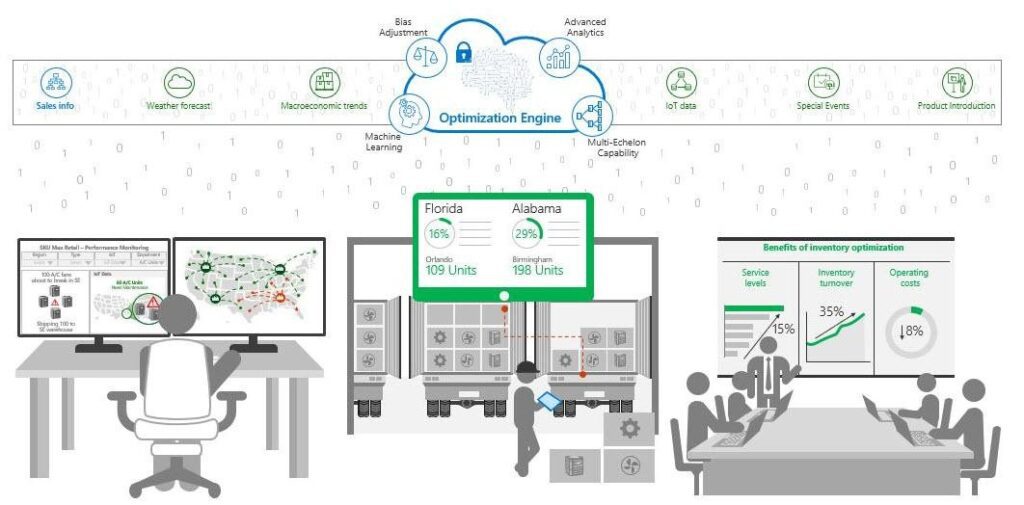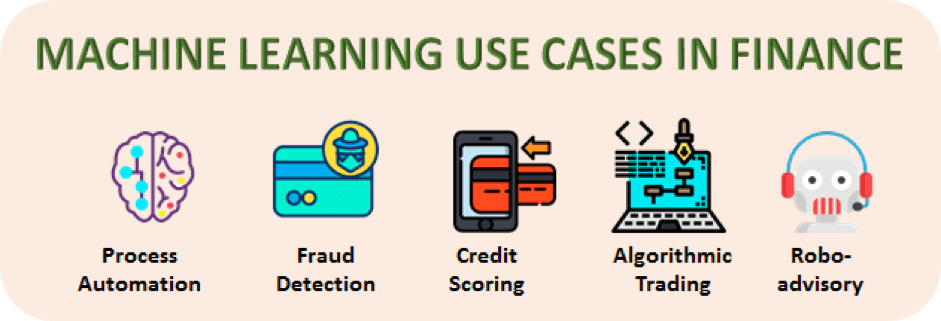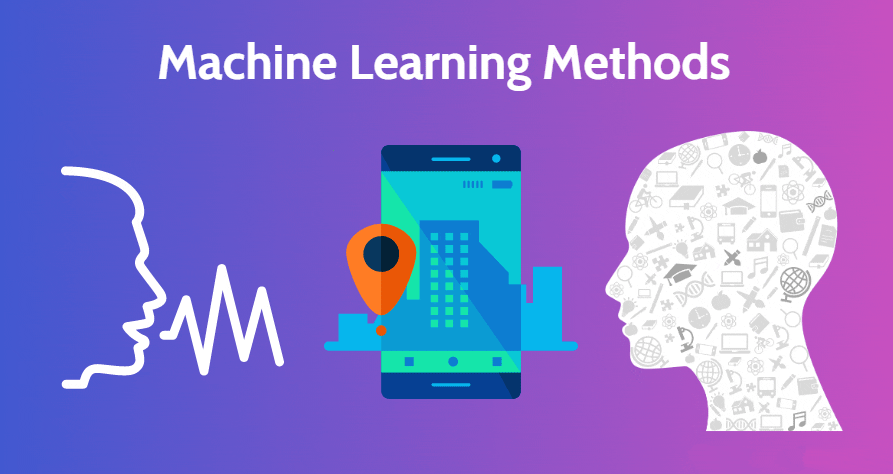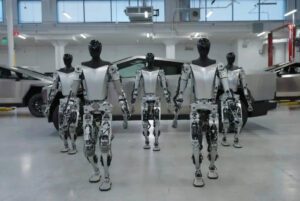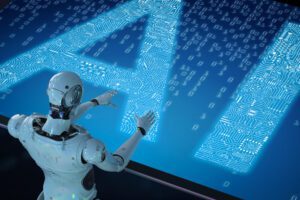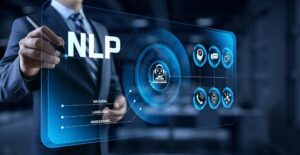Machine learning and its application in industry
What is machine learning?
Machine learning is a branch of artificial intelligence. Machine learning is a collection of several tools. The tools work together to facilitate data analysis and prediction. This information can be collected and analyzed through the Internet of Things, sensors, databases, etc. In fact, it is a tool that helps managers to predict the future of their business through analysis. In fact, machine learning can be considered a science and an art. The science that gives machines the ability to learn from data and make decisions is the art of the data scientist. Today, 51% of the world’s businesses use machine learning as one of the main categories of their business. By increasing its use in the industry, it will create a lot of economic growth for the business.
Insurance and banking
Machine learning allows insurance companies to automate the claims process, reduce waiting time, and direct agents’ working time towards the main goals of the organization and make routine tasks less work. By creating a personal insurance profile for their customers, insurance companies can achieve significant results in attracting new customers and retaining old customers. Based on the policyholder’s historical and personal data as well as statistics, algorithms can detect dependencies that are not obvious to humans, and the company can apply an individual risk score to each customer. In banking, machine learning systems often assess the validity of data by comparing paper documents with system data or using transaction history to verify a person. And through the transactions that have occurred, it can detect errors and frauds. Assessing the credit risk of customers for granting loans to them.
Retail and machine learning
A machine learning model for retailers efficiently analyzes large volumes of complex data and turns them into actionable insights, enabling:
Accurate estimation of future demands
Optimization of inventory management
Understanding customer needs with proper segmentation
Personalization of product offers
Set the best prices to maximize revenue
Logistics and production
logistic
The logistics and retail industries are rapidly moving into the fields of data analytics and machine learning. Machine learning helps companies improve their logistics by increasing efficiency at every stage of the transportation, storage and sales process. Retail companies like Amazon use machine learning to increase efficiency in their delivery network and predict customer needs.
Production and machine learning
Today, industries active in the field of production have taken effective steps in integrating machine learning in each of their production processes and stages. Artificial intelligence technologies can help businesses save money by simplifying inventory management, making production more efficient, and predicting equipment failure before it happens.
Machine learning is used to predict annual production peaks and seasonal fluctuations. And it helps companies avoid unplanned shutdowns or unnecessary overtime. Also, machine learning with the aim of improving operations in the entire production process causes a significant reduction in error rate, production of waste and rework.
Financial and accounting services and risk assessment more effectively
Insights provided by machine learning allow investors to identify new opportunities and gain insight into when to trade. And also, data mining identifies high-risk customers, especially in the banking and insurance industry, to assess the risk of loans and insurance policies. And in the accounting department, it provides customers with the possibility of creating invoices based on past behavior.
Risk management is a complex business operation. There are countless variables to consider and managers are forced to make complex decisions with limited data. Machine learning provides a more complete understanding of a business’s risk profile in relation to fraud, errors, loss prevention and other liabilities. Machine learning tools
(machine learning) can be adjusted to the unique needs of the organization.
Hire the best applicants
Big businesses have a great advantage in finding and attracting top talent, but artificial intelligence can help small businesses. Artificial intelligence programs can collect data over time to learn the most effective recruiting practices for your business. This includes the applicant’s background, how to contact them, and even details about their work history and qualifications. Machine learning algorithms can review resumes and hire successful candidates.
Prevention of fraud
An integrated and cross-cutting approach to anti-fraud, regulatory compliance and security powered by artificial intelligence. By using machine learning algorithms, it is possible to identify payments for fraudulent purposes, unnecessary expenses and abuse before they happen, and avoid threats in the future and minimize the risk of fraud.
Improve your customer service
Customer service and support is one of the most important factors in maintaining customer satisfaction and reducing customer churn. The customer may have a request from you and not receive an answer from you for hours, as a result, it causes their dissatisfaction. Automated chatbots for your website using artificial intelligence can improve customer service. Using a chatbot can reduce your response time to one second and allow customers to communicate with you 24/7. And machine learning tools collect data (machine learning) and provide the appropriate answer.
Improve marketing efficiency and personalization
Machine learning and artificial intelligence help entrepreneurs to optimize their advertising costs. AI-based targeting and insight removes the guesswork and uncertainty involved. And it helps marketing managers to identify their target audience faster and better than before. Machine learning can predict customer profiles and send them more targeted and personalized messages. The more personal your marketing message is to people, the more likely they are to notice and take action.
Provide personalized recommendations for customers
Predicting long-term customer loyalty
Predicting the future performance of employees
Credit risk rating of loan applicants



